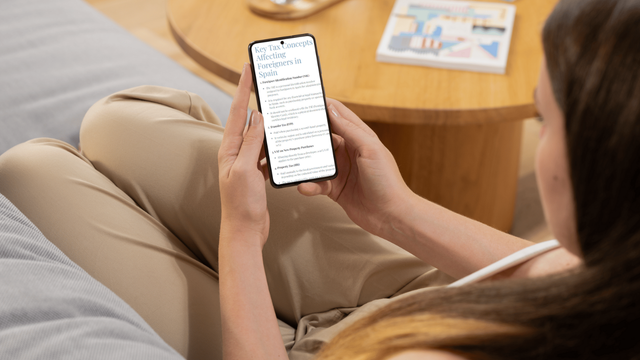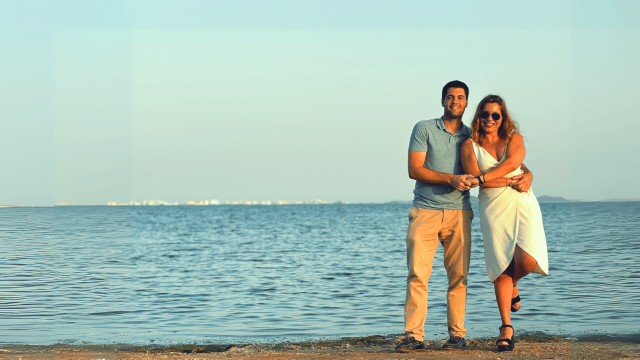The purchase of a property is one of the most important moments in anyone’s life and it is essential for any buyer to enter the process with a clear idea of what they want and with an awareness of any possible pitfalls. This is especially true when buying a property abroad as you may not be fully accustomed to the country’s culture and language.
While there are possibly hundreds of things one must consider when buying in Spain here we have listed 5 of the most important aspects to bear in mind in order to ensure a successful property purchase:
Budget
Before anything else it is vital to set a budget for your purchase. Having a clearly defined budget will streamline your property search and mean that estate agencies can quickly and effectively identify suitable properties saving you time and money. When calculating your budget it is important to keep in mind that you will need to factor in an extra 10-15% to cover taxes and fees depending on where you are buying and what type of property (new-build or resale). If you want a personalised cost breakdown for your budget please contact us.
Legal advice
It is vital to seek independent professional legal advice for a purchase in Spain to avoid making costly mistakes and to give you peace of mind. Your lawyer will undertake all the necessary due diligence on the purchase as part of the conveyancing process and, if granted power of attorney, will be able to act on your behalf and save you having to make numerous trips to Spain to open a bank account, obtain an NIE number and other necessary procedures. Your lawyer will also be able to help you with post-purchase services such as making Spanish wills and handling your taxes in Spain.
Mortgage
As Spain’s economy improves and confidence returns to the country’s banking sector lending is rising and more buyers are starting to opt to purchase with the use of credit. A mortgage will mean you will incur additional costs on your purchase as extra fees will have to be paid to the Notary, a valuation will be needed and bank charges will also apply. Currently it is possible to get up to 80% finance when purchasing from a bank and if buying a resale property you will normally be able to get between 50-60% of the property’s value covered by a Spanish mortgage. Also, be sure to shop around as some banks will offer much better deals than others and, depending on individual circumstances, it may be better to get the mortgage from a bank in your home country.
Objective
What do you want from the property, will it be a permanent residence, a holiday home or purely an investment or a mix of these? It’s useful to know exactly what you aim to achieve from your purchase as it will affect the location and type of property you should be considering. It is also important to do research on regional laws to ensure your objective is achievable. An example would be the vast differences between regional laws on tourist rentals which can inhibit a property’s investment value in some areas.
Price negotiation
Once you have made decisions on your budget and objective and factored in any adjustments you may have to make due to financing you will be able to give a detailed brief to estate agencies who will in turn be able to show you properties matching your requirements. Although sales are on the rise in Spain and prices are also increasing in some areas it is still a buyer’s market and in many cases it will be possible to negotiate a discount on a resale property’s listed sales price. Negotiations on resales must be handled with care however as an offer which is too low may be considered derisory and could ruin your chances to buy the property.
New-build property is still relatively scarce and what is being built is well-located with virtually guaranteed high levels of demand, therefore there is normally no room for negotiation on prices for this property type.
Main image: Artist’s impression of a new-build property in Campoamor on the Costa Blanca South, Valencian Community ©Patrimi Resorts S.L.





